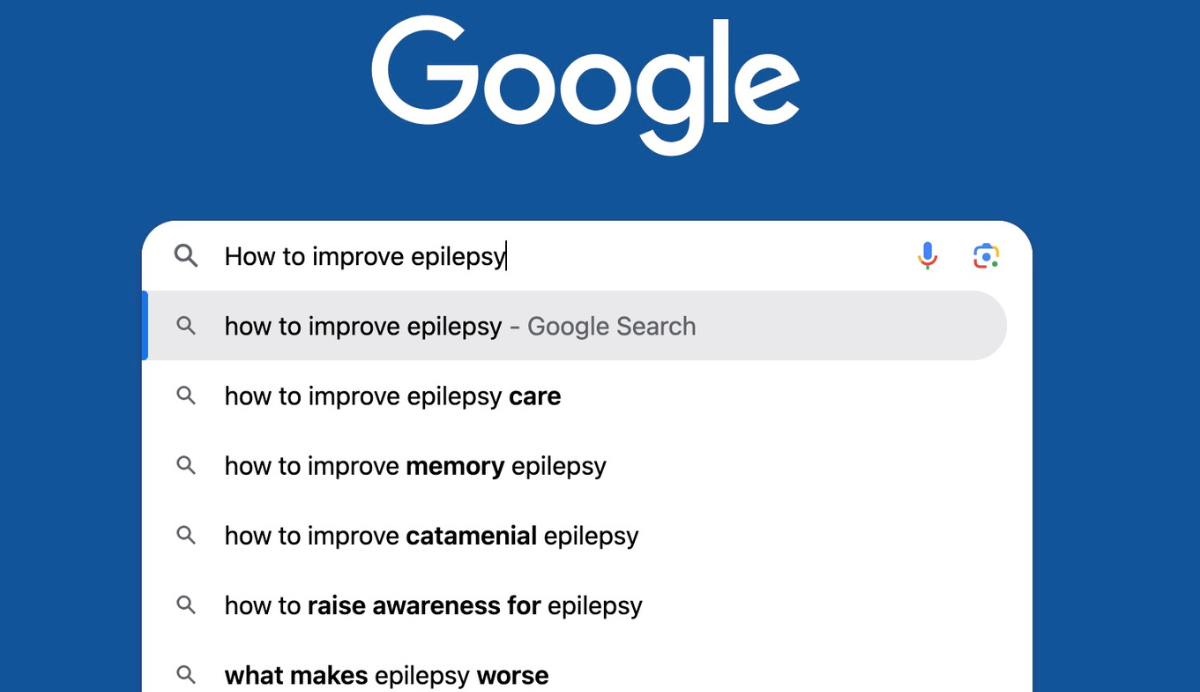Late 2021, I had an episode whilst at work and was taken to Monash Hospital. I was told I probably had a transient ischaemic attack (TIA) – a stroke that only lasts a few minutes, so I wasn’t given an MRI or any additional testing. A couple of years later, I was bush walking with friends when they noticed I wasn’t myself. They called an ambulance and this time I was taken to Box Hill Hospital. A week later, during a follow-up consultation with neurologist, Dr Patrick Carney, I was told I could possibly have epilepsy.
It was at this appointment that Dr Carney informed me of the AEP and asked if I would be interested in participating. The benefits of being a participant means you receive the best treatments available, and quickly. I also like the fact that hopefully my testing results/diagnoses can be helpful for both the project and future participants.
I found the testing difficult and challenging but understand the reason why it is necessary and was treated extremely well by the AEP team and kept well informed throughout the process.
I would recommend others living with epilepsy to participate in the AEP as the information gained is not only beneficial to the participant but can help lead to a better understanding of epilepsy.
-2.jpg)
AEP Keynotes at AWS Summit Sydney Innovation Day

AEP hailed as an exemplar for transforming lives


